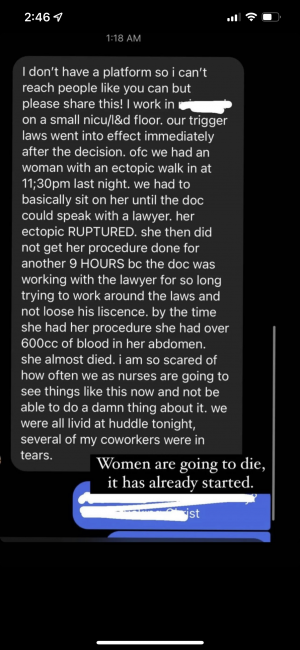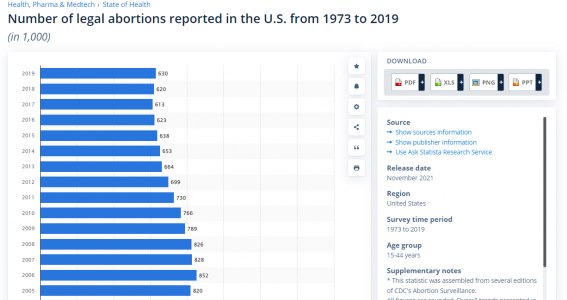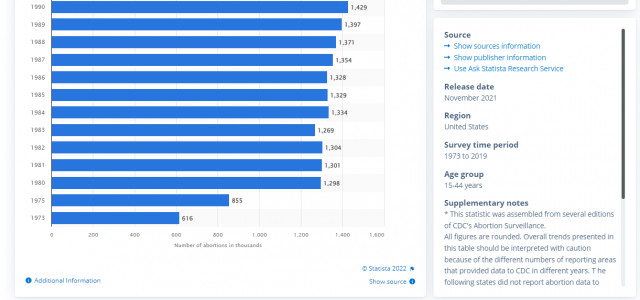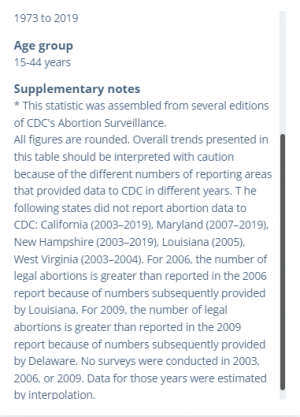Once I had it explained to me in detail, I decided RBG was right, in my opinion. Roe was sloppy case law.
Had the case been presented under the equal protection clause of 14A, it would have been much harder to overturn. While it mentioned Palko v. Connecticut, and cited two cases that passed the Palko test, Roe itself did not attach itself to a specific amendment the way Stanley v. Georgia linked to 1A or Katz v. United States linked to the 4th. Nor did Roe prove long standing tradition that is fundamental to our society, such as the right to marry (Maynard v. Hill in 1888). Tradition would have nuked Roe, since abortion has historically been frowned upon by many cultures.
Loving v. Virginia was passed under equal protection, not due process/right to privacy. While Maynard established the right to marry as an unenumerated right, Loving demonstrated that the right should be applied equally, rendering VA’s prohibition of interracial marriage unconstitutional.
Had the lawyers arguing in favor of RvW presented the argument that since men can’t get pregnant and are not at risk of dying from pregnancy related complications, but women certainly can and are, it may have gone differently. It would have been a much more solid argument. The treatment of ectopic pregnancies or spontaneous abortions (medical term for miscarriage) that don’t completely pass on their own would be protected by constitutional law if it had been argued that way.
I’d like to think that RBG was waiting for a litigant to come along that actually gave a damn equal protection, but that’s a stretch.
I didn’t understand a word of this…but I agree with all of it.





